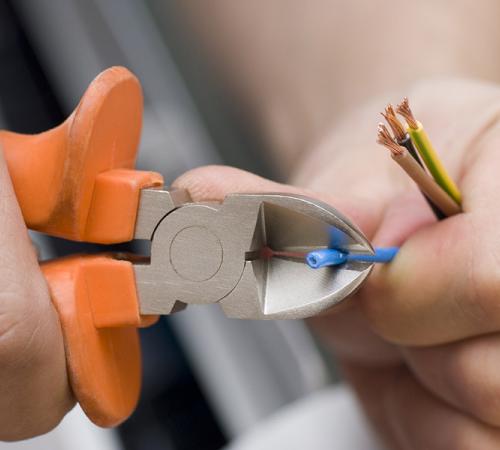

There’s a major shift happening in what people value in a business.
It used to be that business value was mostly tied up in tangible items: physical and financial assets, property, equipment, etc. But now, investors and companies are putting more emphasis on digital assets, including investments in big data, Internet of Things, mobile technologies, and social media, to name a few.
This shift is also being felt in the types of business models that have appeared — and in the ones that are showing the most promise.
Four business models
According to Deloitte (external link), there are four main business models into which almost any business fits, regardless of industry or niche. They are:
1. Asset builders – focused on the physical side of things, companies with this model will build, develop and/or lease physical assets that they then use to make and sell physical items. These include many traditional businesses from manufacturing and retail to delivery and distribution, as well as real estate, construction, etc.
2. Service providers – another more traditional business model, service providers hire employees to provide a service to customers. This includes doctors, lawyers, consultants, financial institutions, and even businesses like cleaning services and auto repair.
3. Technology creators – one of the newer business models, these companies are focused on creating intellectual property such as software, analytics, pharmaceuticals, information products, Software as a Service (SaaS) companies, and so on.
4. Network matchmakers – perhaps the newest of the business models, network matchmakers create a network and connect individuals to provide value. They may sell products or services to one another, facilitate relationships, give advice or reviews, collaborate, and more. These include social media businesses, networks like Uber and AirBnB, financial exchanges, even credit card companies.
What’s interesting is that the four models closely follow the development of the world economies. Asset builders emerged during the industrial revolution; service providers became popular in the 1970s when companies started to service what they sold; technology creators appeared in the 1990s during the technology boom; and network matchmakers are companies who have embraced the newest technological advances today.
But don’t think that digital companies are simply trendy. As a matter of fact, according to Deloitte, companies that rely on digital technologies have higher valuation and other benefits:
‘Above the ‘digital divide’—meaning companies that either fall in the Technology Creators or Network Orchestrators categories—companies receive valuations 2x to 4x higher than the other two business models. Moreover, those latter two business models also outperformed on other dimensions, including return on capital employed (ROCE), return on assets (ROA), and earnings before interest and taxes (EBIT) margin in both the short- and long-term.’
This makes these two, especially the emerging networking matchmaker business model, extremely attractive for small businesses and startups.
How to move to a networking business model
If you already have a business firmly situated in one of the ‘classic’ business models, it may be time to consider how your business could evolve to include one of the newer business models.
Take Best Buy for example. The big box electronics store was smart enough to notice the way market trends were headed with the rise of Amazon and customers comparing prices on their phones in store. They created the Geek Squad tech support and online tech support to complement their physical store business, bringing them into both the service and technology business model.
While John Deere has moved from an asset model of building tractors into a technology model, offering data and tools to help farmers improve. Ford is testing out a car sharing programme in six US cities and London, vaulting it from asset company to networking company.
If you are interested in expanding or changing your business model, start here:
1. Change your mindset – if you have always valued physical assets over everything else (real estate, equipment, stock, etc.), start shifting your mindset to see and understand the value of intangible assets.
2. Shift investment towards intangibles – while intangibles may feel ‘risky’ in a traditional sense, you have to put your assets where the most value in creation is. And right now, that’s with intangibles. Maybe this means building an app, developing a piece of software, or growing your social media marketing.
3. Take stock of your intangible assets – many businesses I see are sitting on a wealth of data and don’t even know it. Or you may already have a network of customers or clients that you’re not leveraging. If you find yourself in this situation, make sure that you understand the responsibilities and risks involved. Get GDPR savvy and cyber liability insurance for data protection.
If you’re starting a new business, I highly recommend looking toward technology and networking businesses for your business model. The valuation is higher, overhead costs are lower, and there’s much less risk of being made obsolete by the next big thing.
What do you think? Do you agree that digital businesses are the way to go, or do you continue to feel that traditional models are safer and more reliable? I’d be interested in your thoughts in the comments below.
Find out more about our Hiscox business insurance
Disclaimer:
At Hiscox, we want to help your small business thrive. Our blog has many articles you may find relevant and useful as your business grows. But these articles aren’t professional advice. So, to find out more on a subject we cover here, please seek professional assistance.






